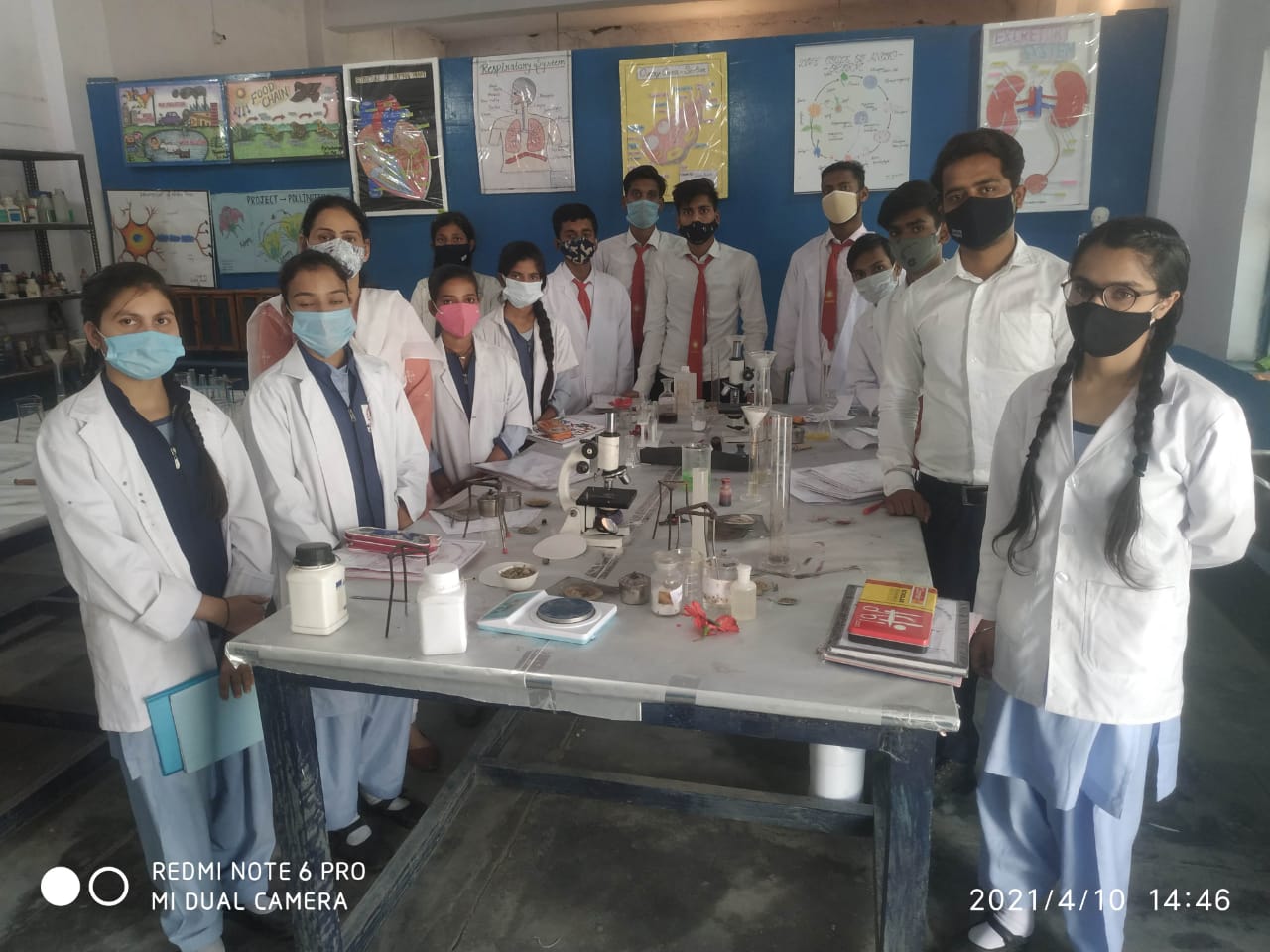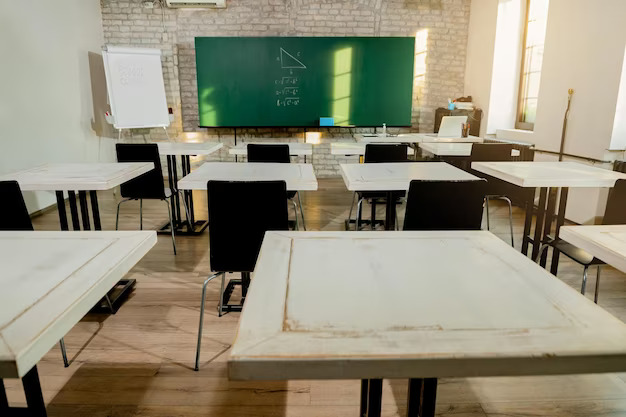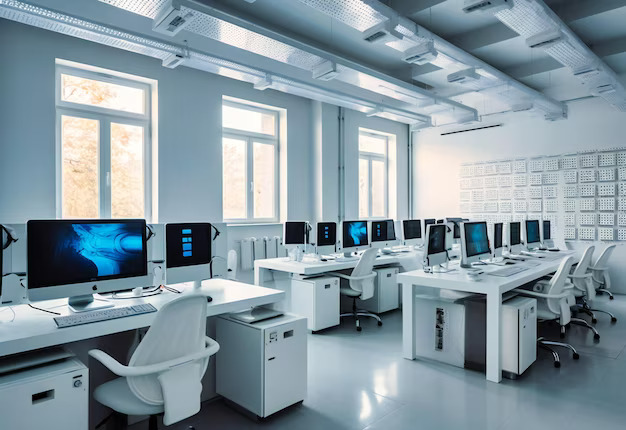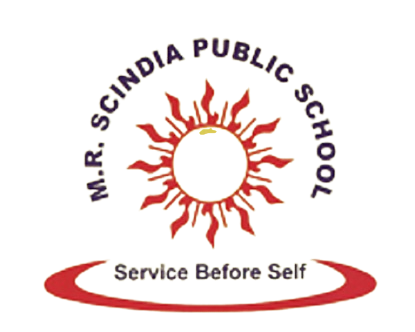
Library
A school library is a dedicated space within an educational institution, such as a primary school, secondary school, or college, that is set up to provide students and teachers with access to a wide range of educational materials and resources. The primary purpose of a school library is to support the learning and teaching activities of the school by offering a diverse collection of books, magazines, journals, digital resources, and other materials. The role of school libraries has evolved over the years, especially with advancements in technology. Many libraries have embraced digital resources and online catalog systems to make it easier for students and teachers to access materials. In essence, a school library serves as an essential educational resource that complements classroom instruction and fosters a culture of learning and inquiry within the school community.
Science Lab
A science laboratory, often referred to as a science lab, is a controlled environment dedicated to conducting experiments, research, and investigations in various scientific disciplines. These labs are equipped with a wide array of specialized equipment and apparatus specific to the field of study. Safety is of utmost importance in science labs, with strict protocols and personal protective equipment (PPE) such as lab coats, safety goggles, gloves, and masks to ensure the well-being of researchers.Experiments in a science lab are meticulously planned, executed, and documented to ensure the reliability and repeatability of results. The environment in labs is carefully controlled, with factors like temperature, humidity, and lighting adjusted to meet the specific requirements of experiments. This controlled setting is vital for producing consistent and accurate data. Science labs are not only places of experimentation but also hubs for research and development


Sports
Games and sports are recreational activities that involve physical or mental exertion, skill, and competition. They play a significant role in human culture and society, providing various benefits such as physical fitness, entertainment, social interaction, and the development of important life skills. Board games like chess, Monopoly, and Scrabble are played on a flat surface and often involve strategy, critical thinking, and planning. Games and sports are an integral part of human culture, offering diverse ways to have fun, stay active, and connect with others. They are also celebrated at both local and international levels through competitions, tournaments, and events that bring communities and nations together. Games and sports provide opportunities for socializing, making friends, and building teamwork skills.
Tutorial Room
A tutorial room is a designated space within an educational institution, such as a school, college, or university, where tutorials or small-group instructional sessions take place. Tutorials are typically focused on specific subjects or topics and involve more personalized and interactive teaching than traditional classroom settings. Tutorial rooms are designed for small groups of students, often ranging from one-on-one sessions to a few students, although the exact size can vary. The small group size allows for individualized attention and personalized instruction. Overall, tutorial rooms play a vital role in providing students with additional academic support, helping them succeed in their studies, and fostering a deeper understanding of the subjects they are studying. They are an important resource for both students who need extra help and those who seek to excel academically.


Computer Lab
A computer lab is a dedicated space equipped with a set of computers, peripherals, and networking infrastructure, designed to facilitate computer-related activities such as research, learning, and collaboration. These labs are commonly found in educational institutions, business offices, and research facilities. The computers in a computer lab are typically connected to a local area network (LAN) and often have internet access, allowing users to access online resources and conduct research. In educational settings, computer labs play a crucial role in providing students with hands-on experience in various software applications, programming languages, and other digital tools. They serve as hubs for technological exploration and skill development, fostering a dynamic learning environment.
